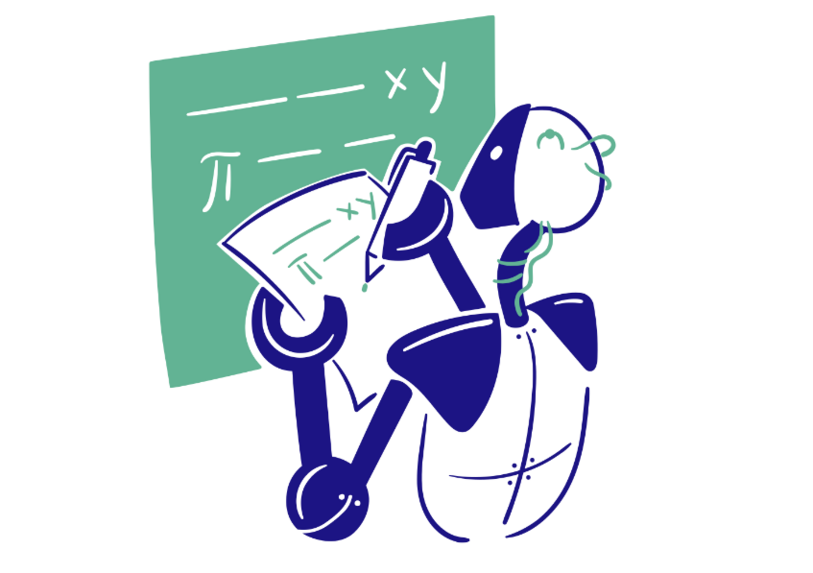Machine Learning Applied to Legal Practice
Published: on by Romain Vial
Dilitrust is a contract analytics and management solution powered by artificial intelligence. Dilitrust helps companies manage and make the most of their contract portfolio by identifying relevant information and data to manage key contractual commitments during the whole life of the contract. Our technology rests on a combination of specifically trained Natural Language Processing (NLP) algorithms and advanced machine learning techniques.



